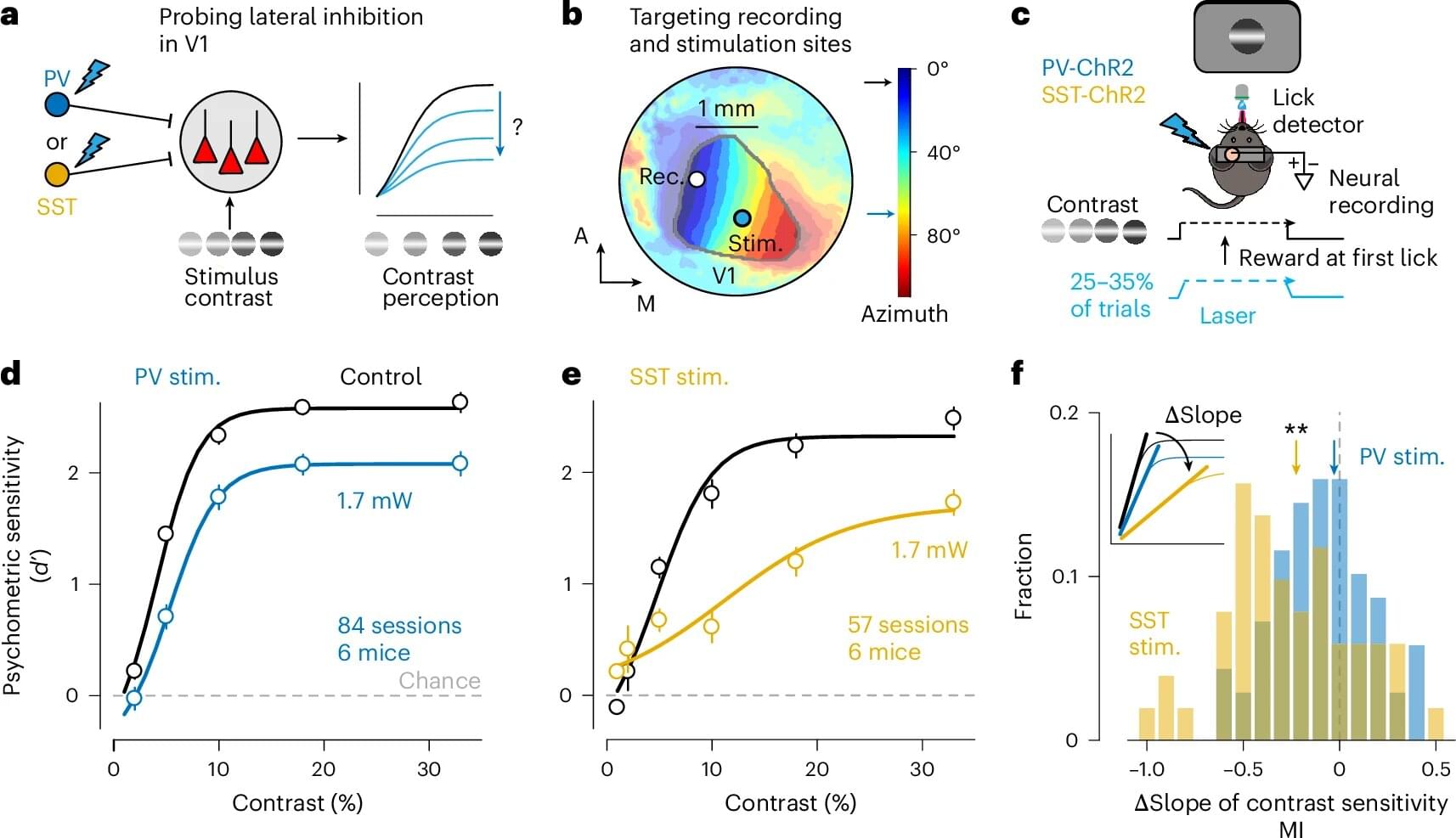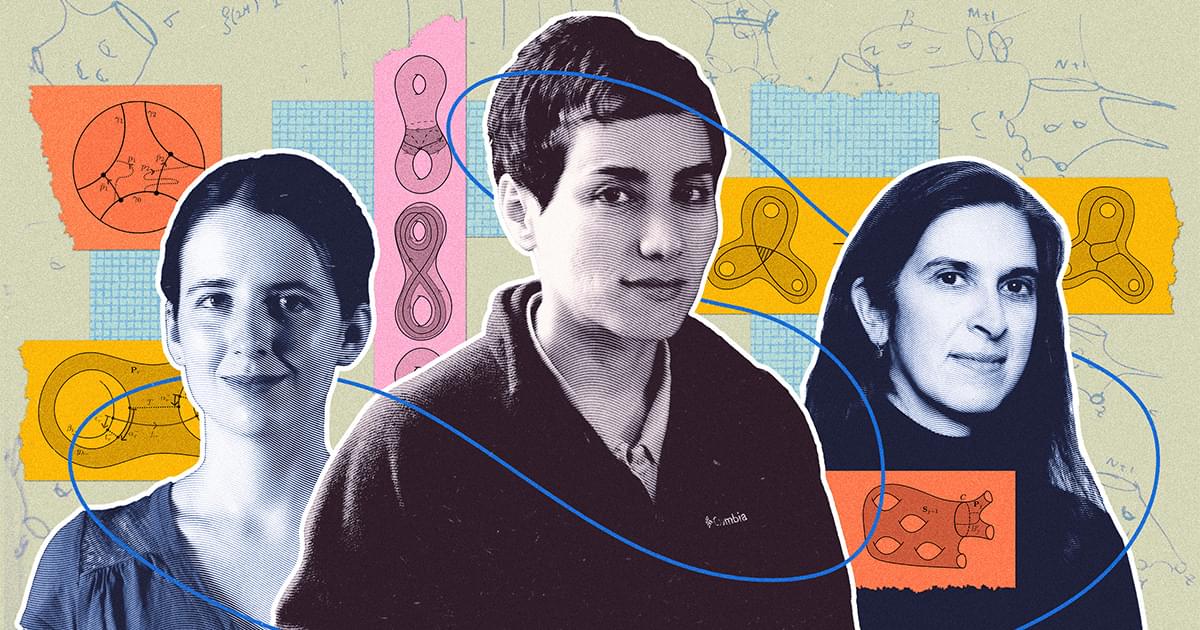This Collection supports and amplifies research related to SDG 9 Industry, Innovation and Infrastructure, SDG11 Sustainable Cities and Communities, SDG12 Responsible Consumption and Production, and SDG 13 Climate Action.
As the global construction industry strives to reduce its environmental footprint, sustainable processes and materials are becoming increasingly vital. Innovation in cement and concrete technologies plays a key role in minimizing resource consumption, lowering carbon emissions, and enhancing long-term resilience. This collection highlights research that advances both sustainable development and application of cement and concrete for the building sector.
Topics of interest include the development of low-carbon cement alternatives, recycling and reuse of concrete materials, 3D concrete printing, and other energy-efficient construction techniques. We welcome contributions from fundamental material research, to applied solutions and large-scale real-world demonstrations.









